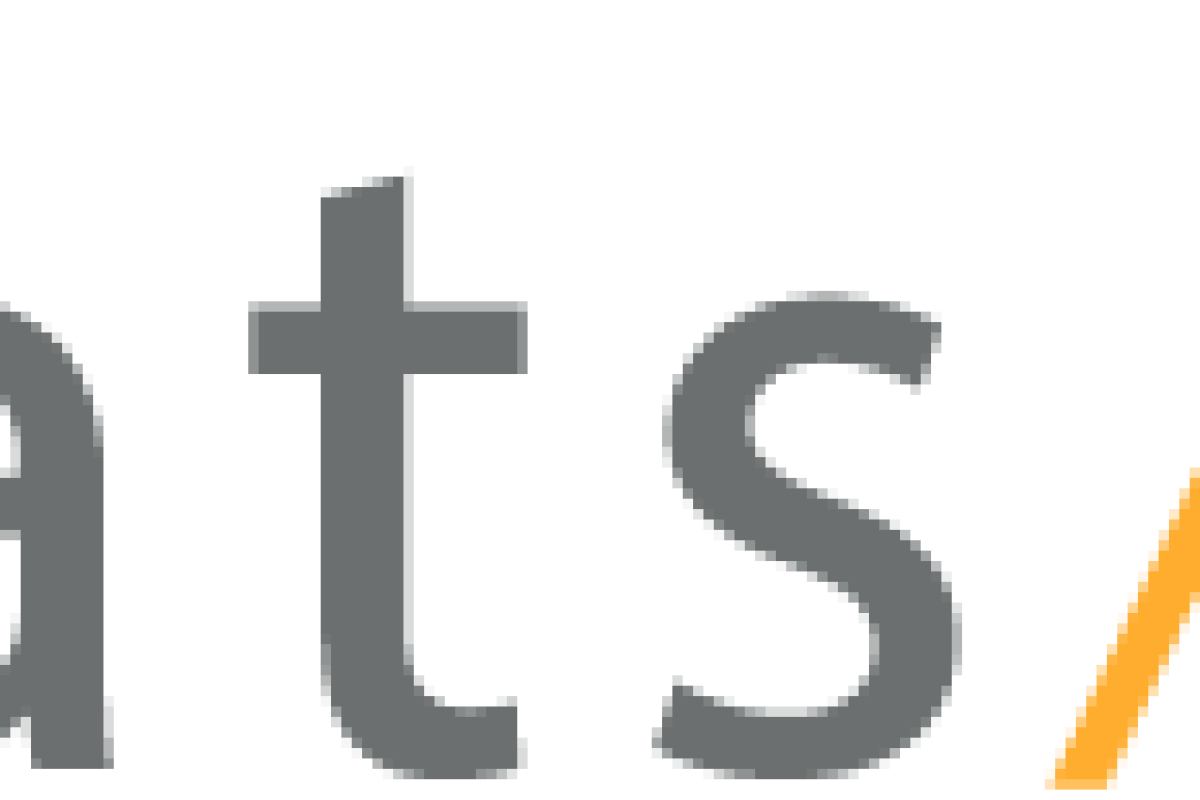Demand predictions are all just guesses…or are they?

Traditional methods see analysts create a linear line using historical sales, normally over the last few weeks
Sounds sensible and logical… but is it accurate ?
Think of it this way… If you went to a racecourse and wanted to have a bet, how would you increase your chances of winning?
Obviously most would use the historical race results (aka the form guide). The more experienced gambler, however, improves their odds of winning by also analysing where these races were and the ground compared to today’s race.
Now if AI were a person they would do all of the above and then also look at how the horses have performed against each other before, their ages at the time, how frequently they had ran leading up to these races, how they had performed against other horses not racing today but had also raced historically (taking note of not just the results but also the locations and ground conditions for each of these other races)…
If your head hurts just thinking about how complex the last part is you are starting to understand why they say AI holds beyond human capabilities. Not even an excel wizard can work through that amount of data to identify a pattern.
If we switch the discussion back to demand forecasting and replace course location, conditions, other horses, other races with sales influencing factors such as weather, holidays, promotions, etc… you will start to understand why not all predictions are the same.
catsAI Demand predictions are 70%more accurate than traditional forecasts and costs as little as £300 for c8,000,000 predictions.
Demand Predictions as a Service

